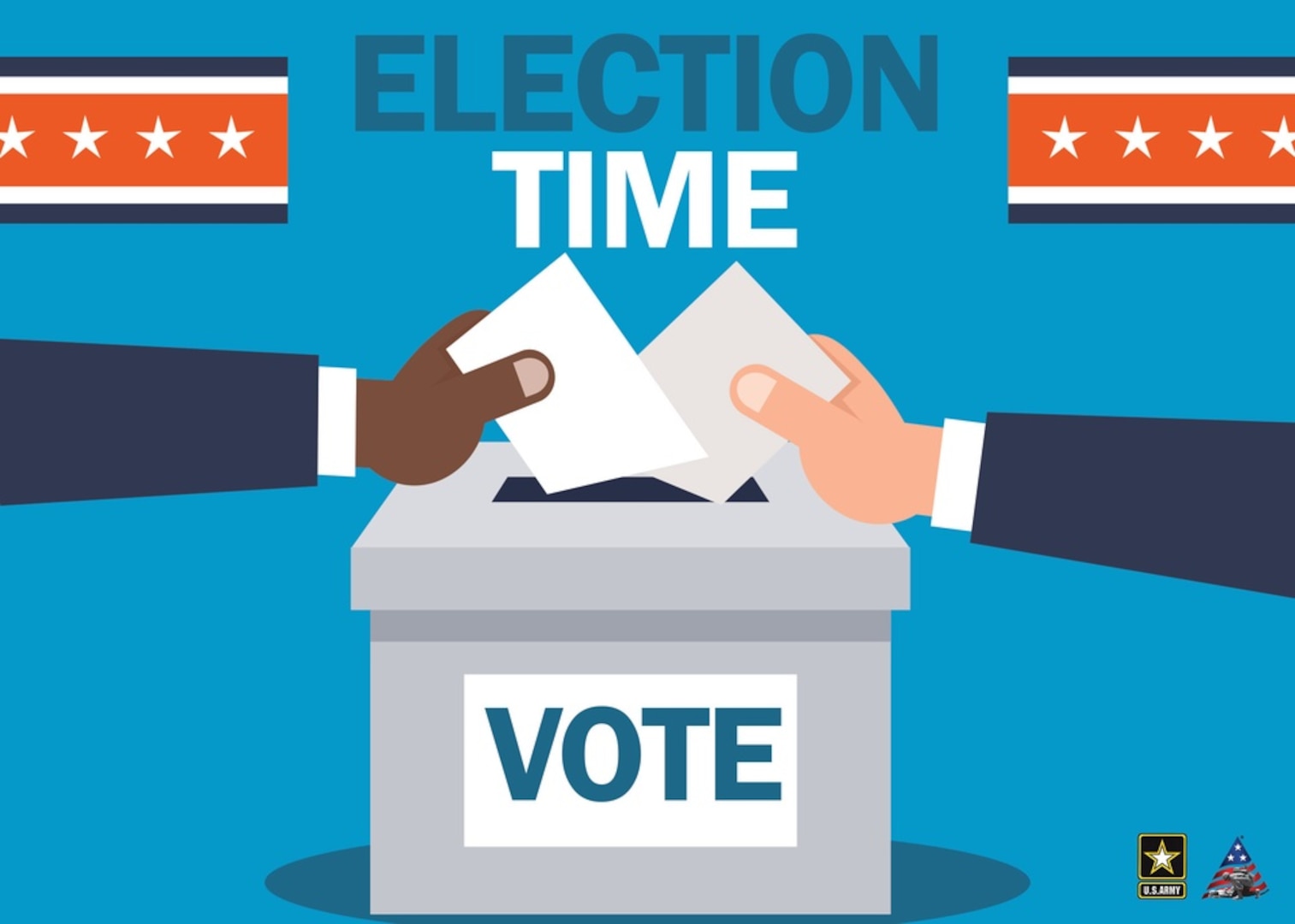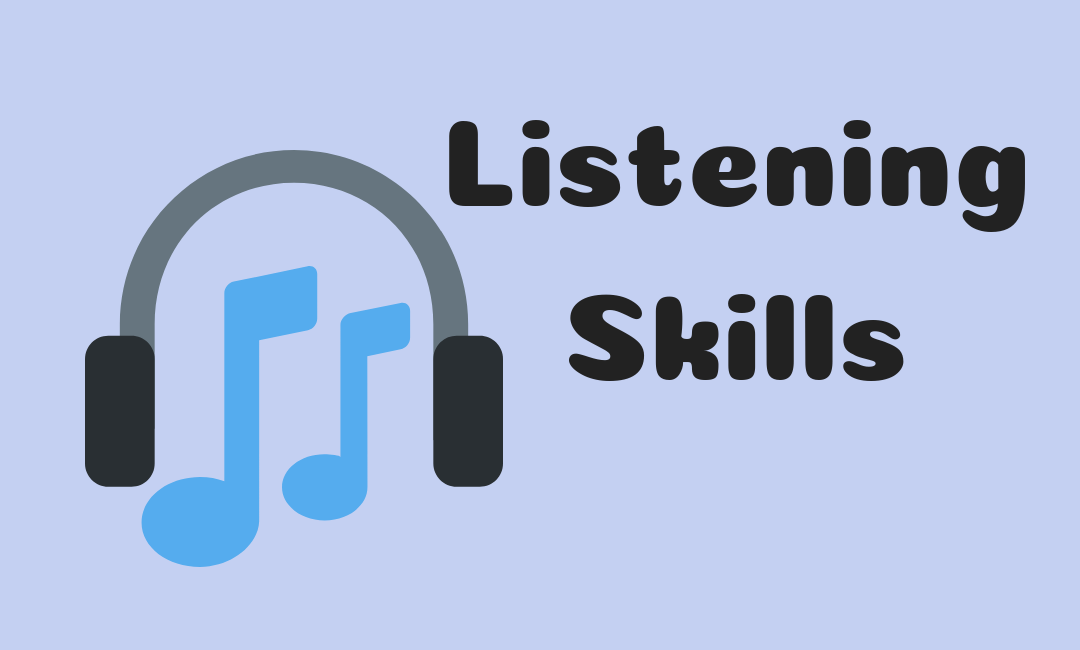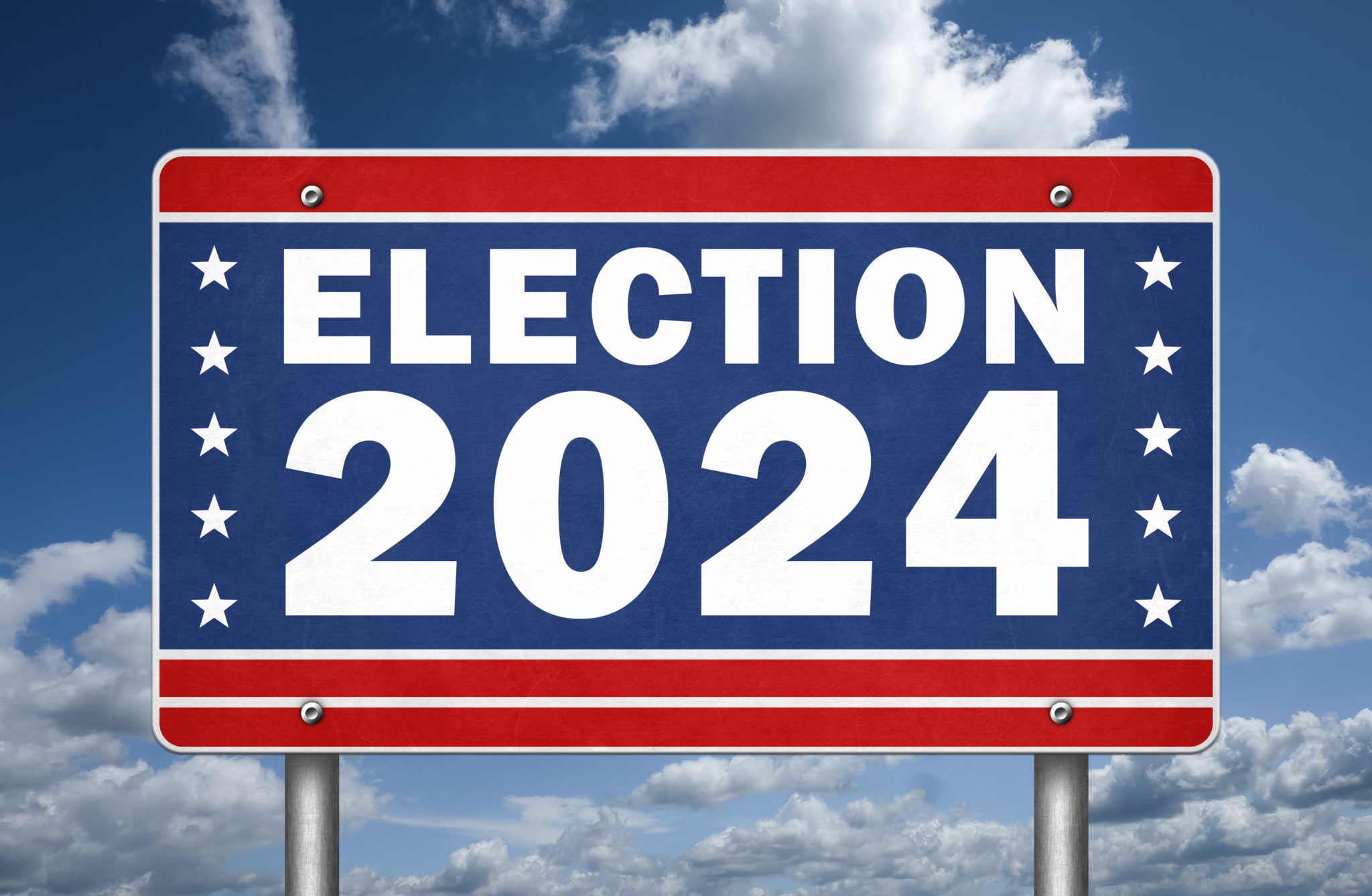- https://www.bestmytest.com/blog/ielts/ielts-general-writing-task-1-formal-letters-questions
- https://ieltsliz.com/ielts-sample-letters-for-writing-task-1/
You missed an international flight due to a problem at the airport. Write a letter to the airline. In your letter:
- Describe what happened that caused you to miss your flight
- Explain how missing your flight impacted you
- Clearly state what you would like the airline to do
Model Essay
Transition words are highlighted in redAdvanced grammar structures are highlighted in green
Topic vocabulary are highlighted in blue
Dear Sir or Madam,
I am writing in regards to an international flight that I missed due to reasons beyond my control.
For the past two weeks, I have been traveling for business and speaking at international conferences. Unfortunately, I arrived to the Tokyo airport over three hours delayed yesterday afternoon, due to the technical difficulties experienced by one of your company's aircrafts. Consequently, I missed my connecting flight from Tokyo to Madrid, and could not attend the conference.
As a result of the delay, my company had to send another executive to speak at the conference in Madrid. This is not only a major inconvenience on our end, but it is a costly expenditure as well. Additionally, I have had to pay out of pocket for my lodgings in Madrid.
Since the delay was caused by your aircraft, I hope that you will compensate me for the cost of my lodgings in Madrid as well as my additional flight home to Toronto, Canada.
I look forward to your response.
Yours faithfully,
Amanda Traynor
You and your family are moving to another country for work, and you are looking to buy a house there. Write a letter to a property agent. In your letter:
- Introduce yourself and your family
- Describe the type of accommodation that you hope to find
- Give your preference for the location of the accommodation
To Whom it May Concern,
I am writing to ask for your assistance in finding accommodation in Rome, Italy.
My name is Hannah Roosk, and I will be relocating with my husband and two teenage children. I have recently been promoted at work, which means that I will be based out of Rome instead of Toronto. We are hoping to emigrate at the end of July.
We are interested in buying a small house on the outskirts of Rome. Given the size of our family, we would be interested in a property with at least two floors, three bedrooms, and a detached garage. As we will be bringing our dog, a garden is an important consideration as well.
We would prefer a suburban location within easy commuting distance of the city centre. Most importantly, we would prefer to be within walking distance of the high school that our children will be attending.
I hope that you will be able to help us with our relocation, and I look forward to hearing your response.
Yours faithfully,
Hannah Roosk
liveworksheets.com
:max_bytes(150000):strip_icc()/sample-letter-format-2063479-Final-edit-818c959e2de34d6b99e3b4823669ac58.jpg)









